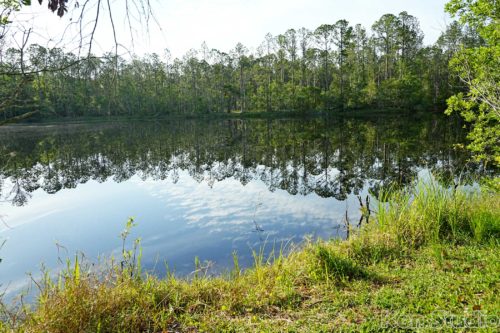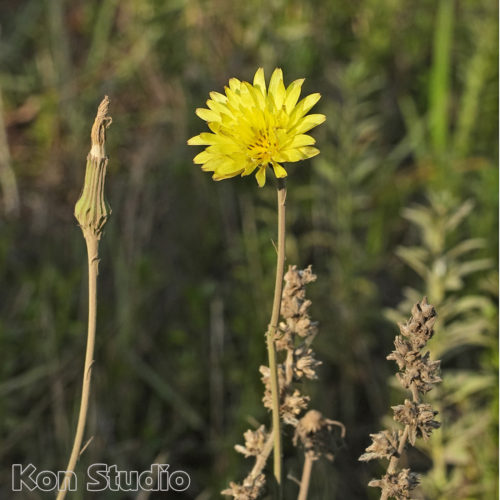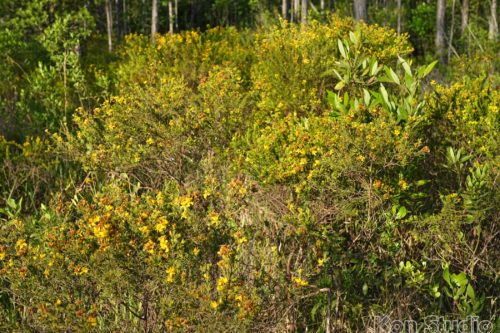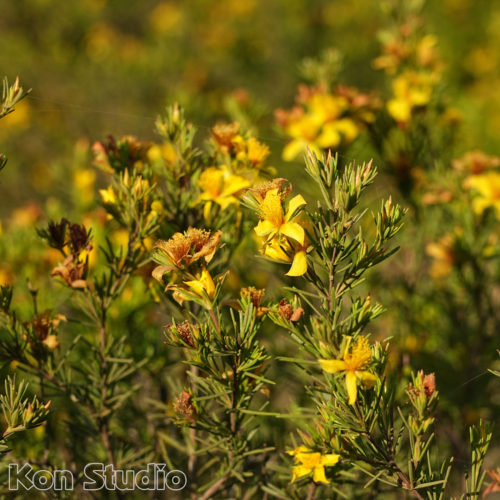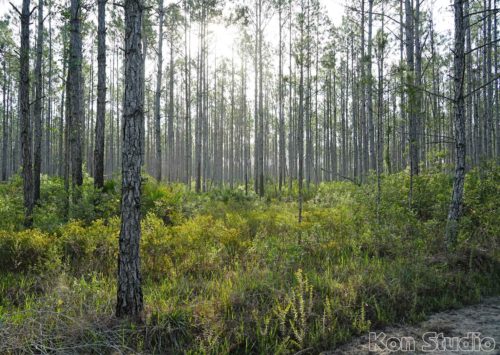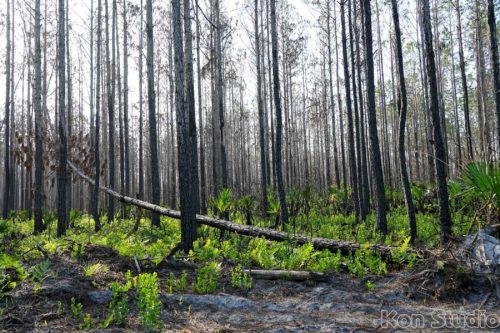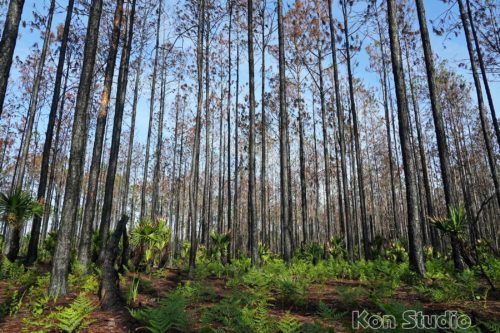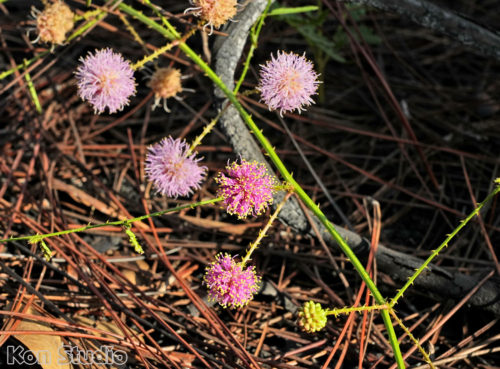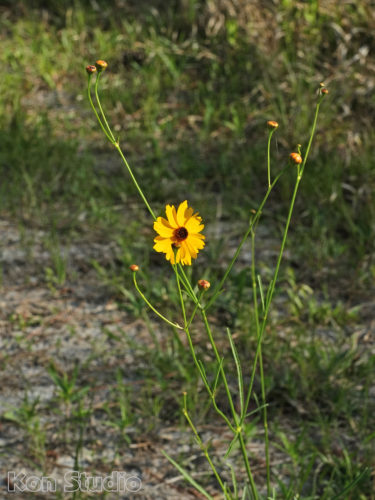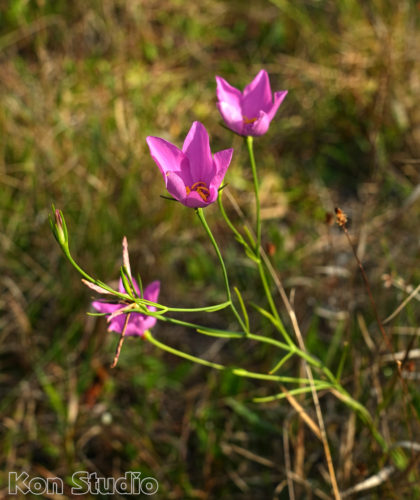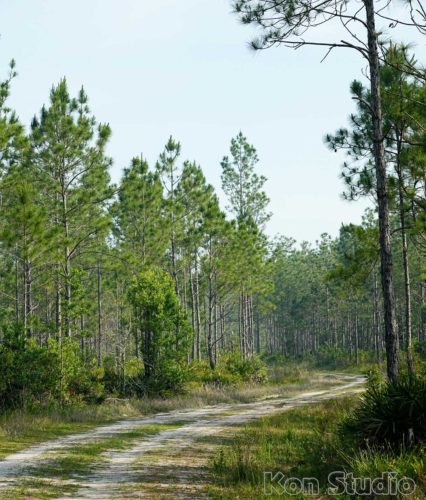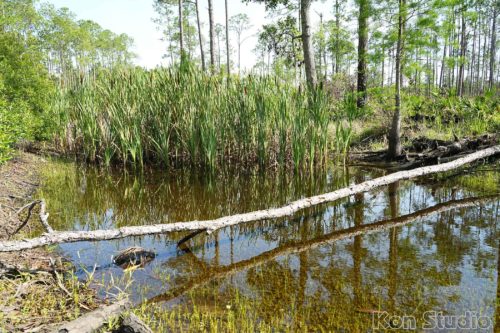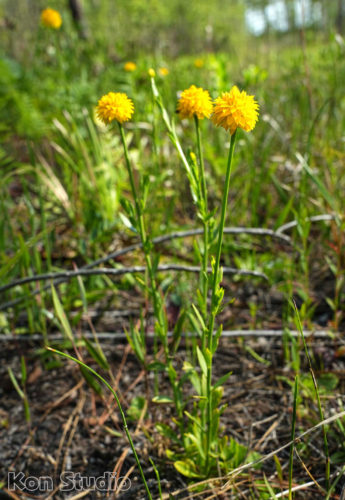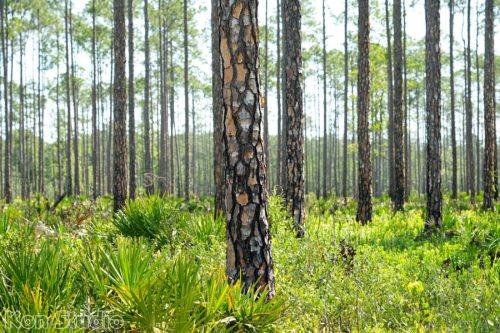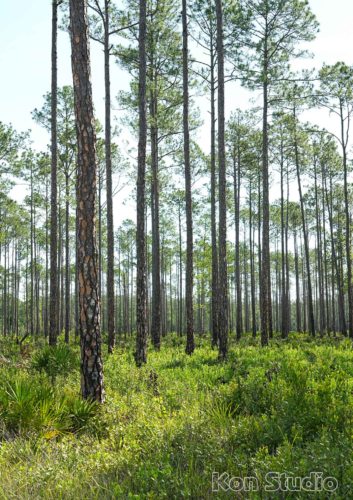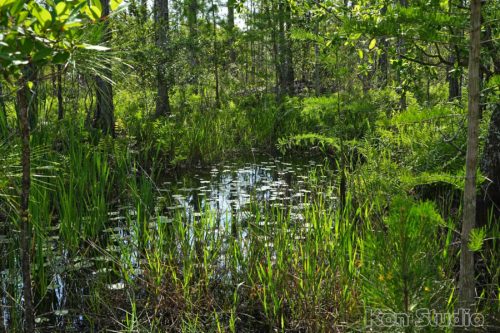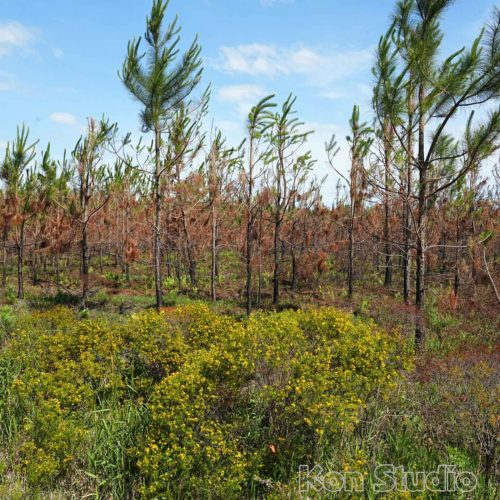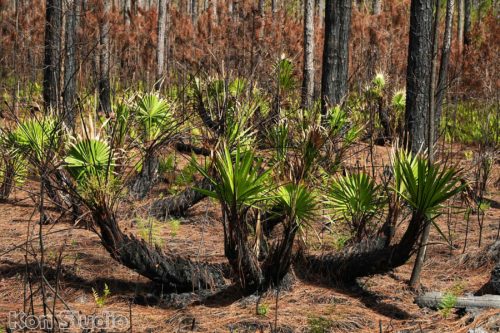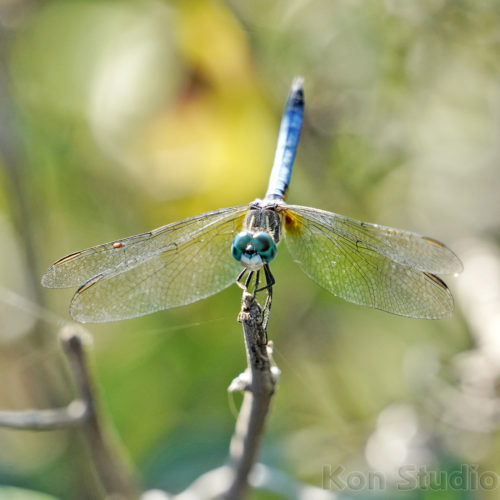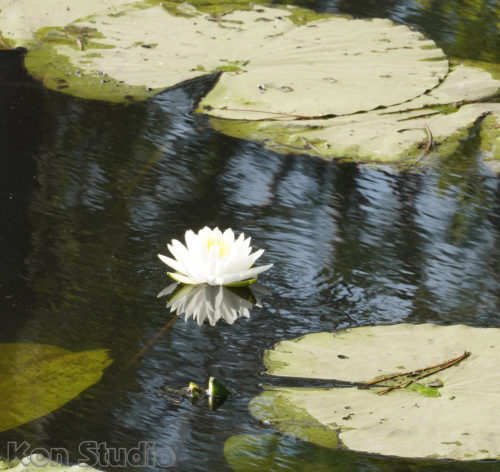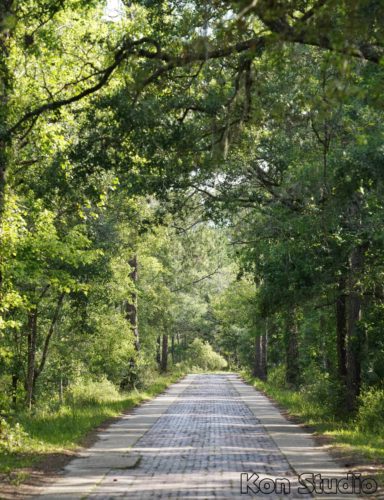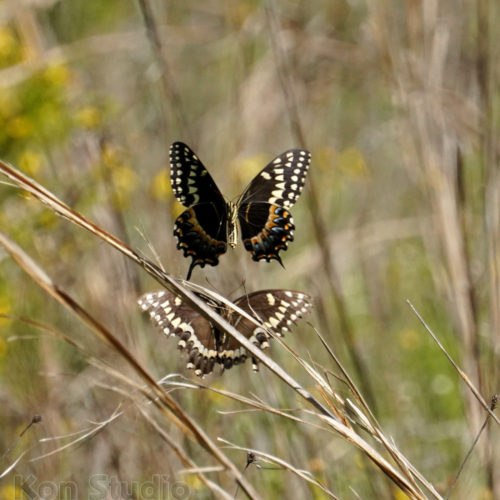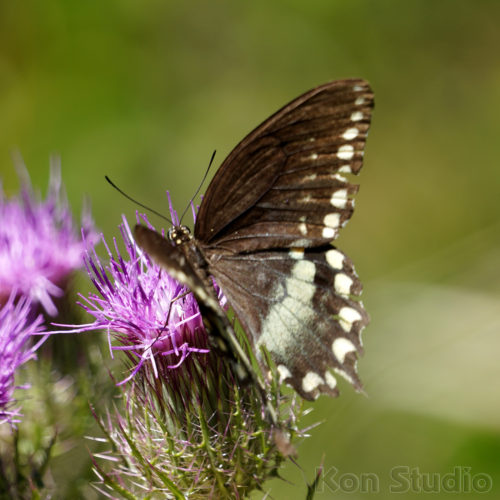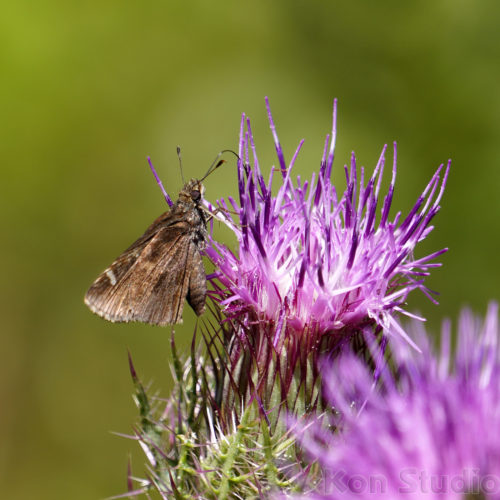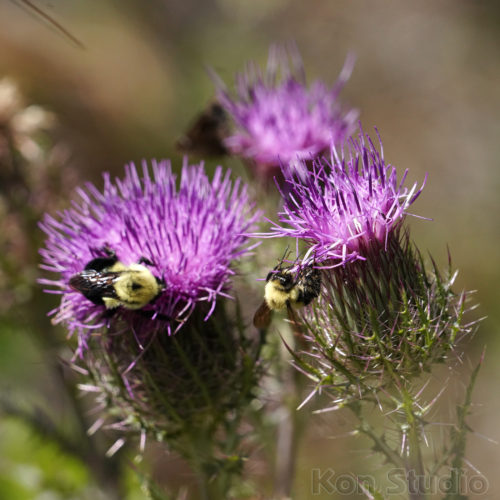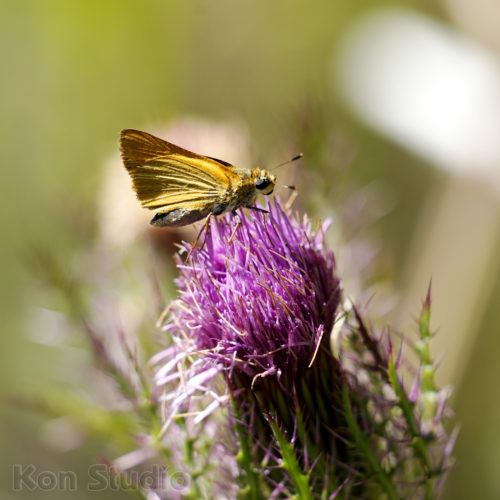Tiger Bay State Forest is a protected forest in Volusia County, near Daytona Beach and DeLand, and is easily accessible from Interstate 95. The forest offers several recreational activities, including hiking, biking, horseback riding, and fishing in some of the area’s streams and lakes. Tiger Bay State Forest was severely impacted by the 1998 Summer Wildfire Firestorm. Approximately 15,000 acres of forest were burned during these catastrophic wildfires. Restoration included extensive salvage timber removal, and reforestation efforts have been completed.
The forest is named after the nearby Tiger Bay Creek, its primary geographical characteristic, which runs through the area. Tiger Bay is a crucial source of groundwater replenishment for the local region. The hydric swamp forest is punctuated by clusters of pine-covered islands, which make up 40% of the forest area. Additionally, the forest encompasses Indian Lake and Scoggin Lake, as well as several smaller bodies of water, including Coon Pond, a naturally occurring pond, and Rattlesnake Pond, Woody Pond, and Ranch Pond, which are man-made and open to the public for fishing. Additionally, three other unnamed man-made ponds are situated within the forest. The forest covers over 27,000 acres of land and is managed by the Florida Forest Service.
Tiger Bay Forest has many native animals such as white-tailed deer, wild turkeys, alligators, and black bears. It also supports a variety of bird species, including bald eagles, red-shouldered hawks, and woodpeckers. The forest is also an essential habitat for the endangered Florida sandhill crane and gopher tortoise, which are both protected species in the state of Florida. Tiger Bay State Forest is also home to several plant communities, including longleaf pine forests, cypress swamps, and wetlands.
Visitors to Tiger Bay State Forest can engage in a wide range of recreational activities, including hiking, bicycling, horseback riding, picnicking, boating, fishing, hunting, nature study, and photography. However, it should be noted that horseback riding and bicycling are only permitted on forest roads, permanent firelines, and specifically designated trails. Tiger Bay State Forest boasts one hiking trail, the Buncombe Trail, part of the Florida Forest Service’s Trailwalker Hiking Program. Additionally, the forest features one equestrian trail, Rima Ridge Trail, which is part of the Florida Forest Service’s Trailtrotter Program. For those who prefer a leisurely stroll, the forest also offers the Pershing Highway Trail, which covers just over a mile of scenic brick road built in 1917. For visitors who wish to spend the night in the forest, there are semi-primitive campgrounds available, including the Tram Road Equestrian Campground located on the Rima Ridge Tract. This campground includes small corrals for horses and a non-potable water supply.
Overall, Tiger Bay State Forest is an important ecological area that provides critical habitat for various native animals and plant species. Its diverse habitats make it an ideal location for outdoor recreation and a great place to explore Florida’s natural beauty.
For more information click here: https://www.fdacs.gov/…/State…/Tiger-Bay-State-Forest

